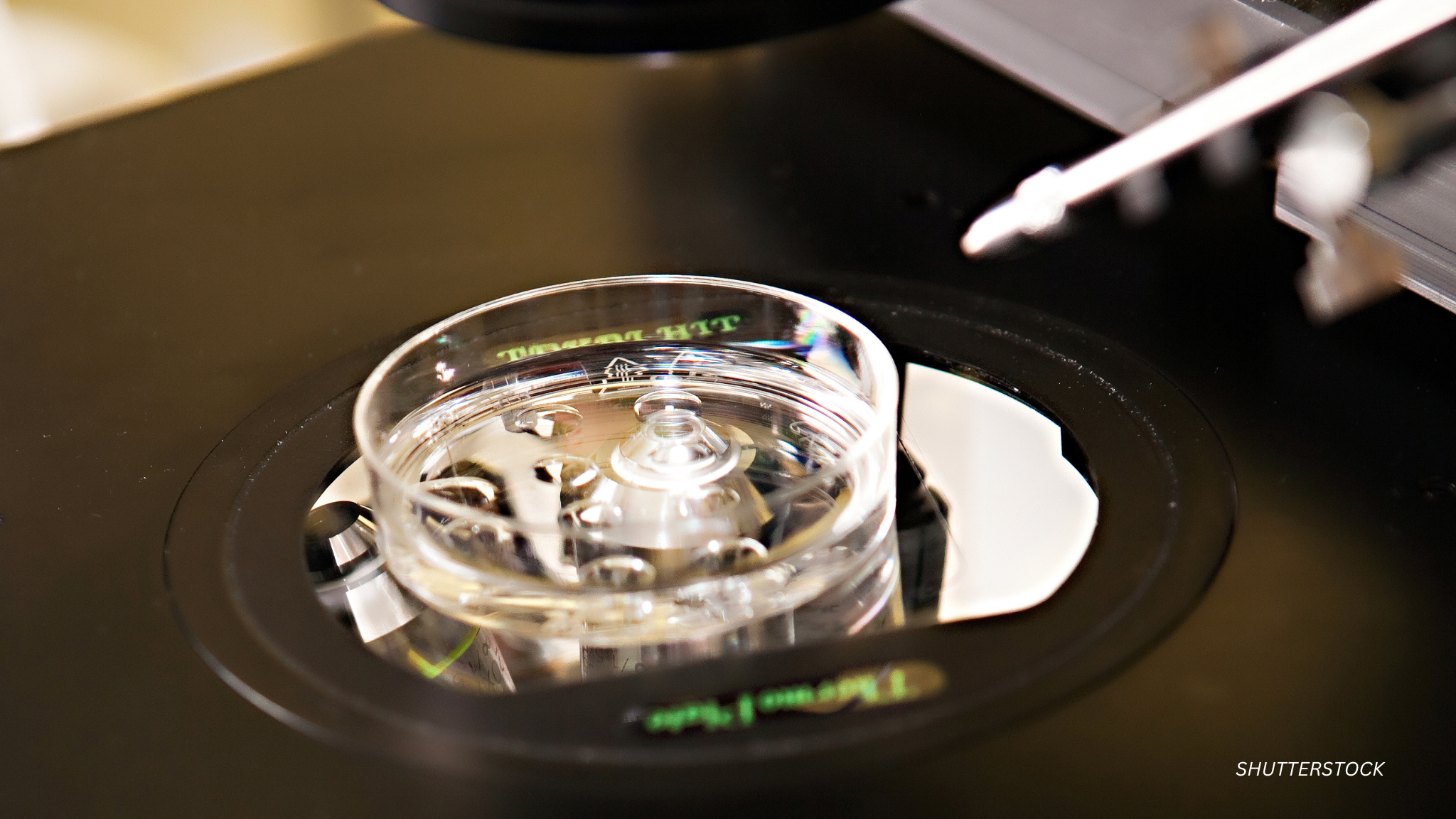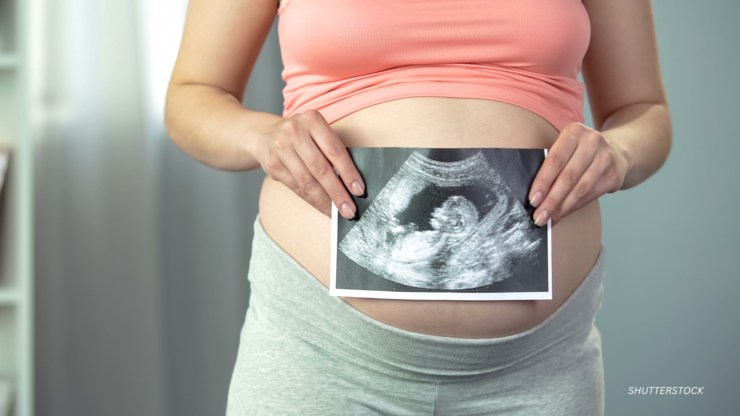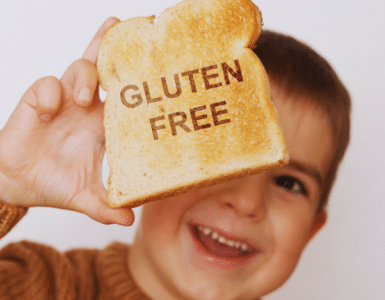If you could choose the healthiest embryo to carry so that your future child could avoid deadly diseases, would you do it? Would you choose an embryo that is more likely to be happy and less likely to have mental health problems like depression and schizophrenia? What about choosing your child’s athletic abilities or IQ?
If you could hand-pick all of your child’s physical, mental, and emotional traits before getting pregnant, where would you draw the line?
This scenario that used to only exist in science fiction is already partially a reality with a company called Genomic Prediction offering something that they call an “Embryo Health Score” or PGT-P test, which allows people to test their embryos to see which are more at risk of certain diseases like heart disease, cancer, diabetes, and schizophrenia. Future parents can then “compare overall disease risks among embryos and make decisions about which embryo to prioritize for transfer.”
Despite The American College of Medical Genetics saying “preimplantation PRS testing is not yet appropriate for clinical use and should not be offered at this time,” many prospective parents have already undergone embryonic testing to screen for disease risks, resulting in the birth of selectively chosen offspring.
A San Diego couple named Jamie and Brennen Cassidy decided to choose embryos that were screened for diseases after their first child was found to have a severe genetic disorder while Jaime was still pregnant.
“During the first pregnancy, we found out that the child, if born, would not live for very long and we chose to terminate,” Brennan Cassidy told VICE News.
When the couple tried to have a child again, they chose IVF so that they could screen their embryos to make sure they did carry that genetic disorder. While doing so, the couple found that they could screen for other diseases as well.
“I have type 1 diabetes and I would do anything to not pass that burden along,” Brennan said. “There’s most likely a misconception out there when people hear genetic testing…I’m sure they’re thinking immediately, ‘trying to make your child the next LeBron James or the next Elon Musk’ and that’s not what this is at all.”
It’s already common practice for doctors to test babies and embryos for diseases like cystic fibrosis and spinal muscular atrophy that are caused by a single gene mutation. What the Cassidys have done differs from that because they screened for conditions that are caused by multiple genes. They decided to choose embryos that have the lowest risk of diabetes.
According to VICE News, fewer than 100 families have had babies that have been screened with the PGT-P test, so there isn’t enough evidence yet to know if it works or what the downfalls are if any. As of now, Genomic Prediction is the only company offering this service.
The spokesperson for Genomic Prediction is Elizabeth Carr, who is the first American baby to be born via IVF. She spoke to MIT Technology Review to talk about how Embryo Health Scores are used.
“Essentially, using the embryo health score allows the patient along with their clinician to be able to compare overall disease risks among the embryos that they have at their fingertips. If you are worried about the diabetes risk in your family, you can look at three embryos and say: ‘This one has the lowest risk overall compared to the other two,'” she said.
Disease Prevention or Slippery Slope?
The Cassidys and those who support genetic testing believe that if there is a way to have a healthy baby with a low risk of developing common and even uncommon diseases and disorders, why wouldn’t you do it?
Those who oppose genetic testing do not think there’s enough evidence to prove it works, and even if it did work, not enough is known about how this type of selection process affects babies that are selected for specific traits.

In an interview with Genetic Engineering & Biotechnology News, Laura Hercher, a genetic counselor and director of research at the Sarah Lawrence College Graduate Program in Human Genetics stated, “The race to get this into the prenatal arena and make money off of people is staggering. We should be so cautious and so careful in the prenatal arena because we are operating in a complete black box…There are so many negative consequences you can imagine coming out of it. It’s disturbingly fast when there is so much that we don’t know.”
When asked about the controversy surrounding genetic testing, Carr compared it to the controversy that surrounded IVF when it first became available to the public in the late 70s. “Not to draw a very, very, obvious conclusion from my own life, but it’s really no different, right? If you have moral objections to the test or you don’t agree with it, don’t use it.”
Many are worried that this genetic testing will go too far. Arthur L. Caplan, Ph.D., a professor of bioethics, told Genetic Engineering & Biotechnology News “Some of the listed conditions, even if [they are] diseases, are sliding into eugenics—not health.”
Many people agree with Caplan. Including Katie Hasson, the associate director of the Center for Genetics Society.
“There’s no reason to think polygenic embryo screening will end with conditions like heart disease and diabetes. Screening for schizophrenia and other mental illnesses is already on offer. These directly echo eugenic efforts to eliminate ‘feeble-mindedness’. We are talking about deciding who should be born based on ‘good’ and ‘bad’ genes,” Hasson told The Guardian.
What do you think about genetic testing of embryos? Would you try it? Where should the line be drawn when it comes to what diseases and traits parents can screen for? Let us know in the comments.











This is a hotly debated area among experts, with many strong opinions on both sides. I am on the against side. For me, the really key issue is that these polygenic scores have very, very low predictive value. They don’t give the ability to select an embryo at “low risk”. They (maybe) give you the ability to select an embryo at lower risk but what the companies selling these tests don’t say is that the “lower” is basically the difference between a risk of 1.1% and 1.2%. Really tiny effects. I see a lot of lies being told, a lot of misinformation.
There are many other problems too. Here is a recent paper for those who are interested.
Humankind has a history of what is often referred to as “taking the road to hell, based on good intentions,”
From this article, it’s apparent the trip down that road, which has already begun for families trying desperately to save their offspring from maladies they have suffered from themselves, gets dicey when testing for additional ones at the same time.
To avoid over reaching into other diseases, in the effort to protect their children from their inherited pain and suffering, is a troubling step down that hellish road.
Better to limit themselves to “the devil they know,” than to engage with the ones they don’t.